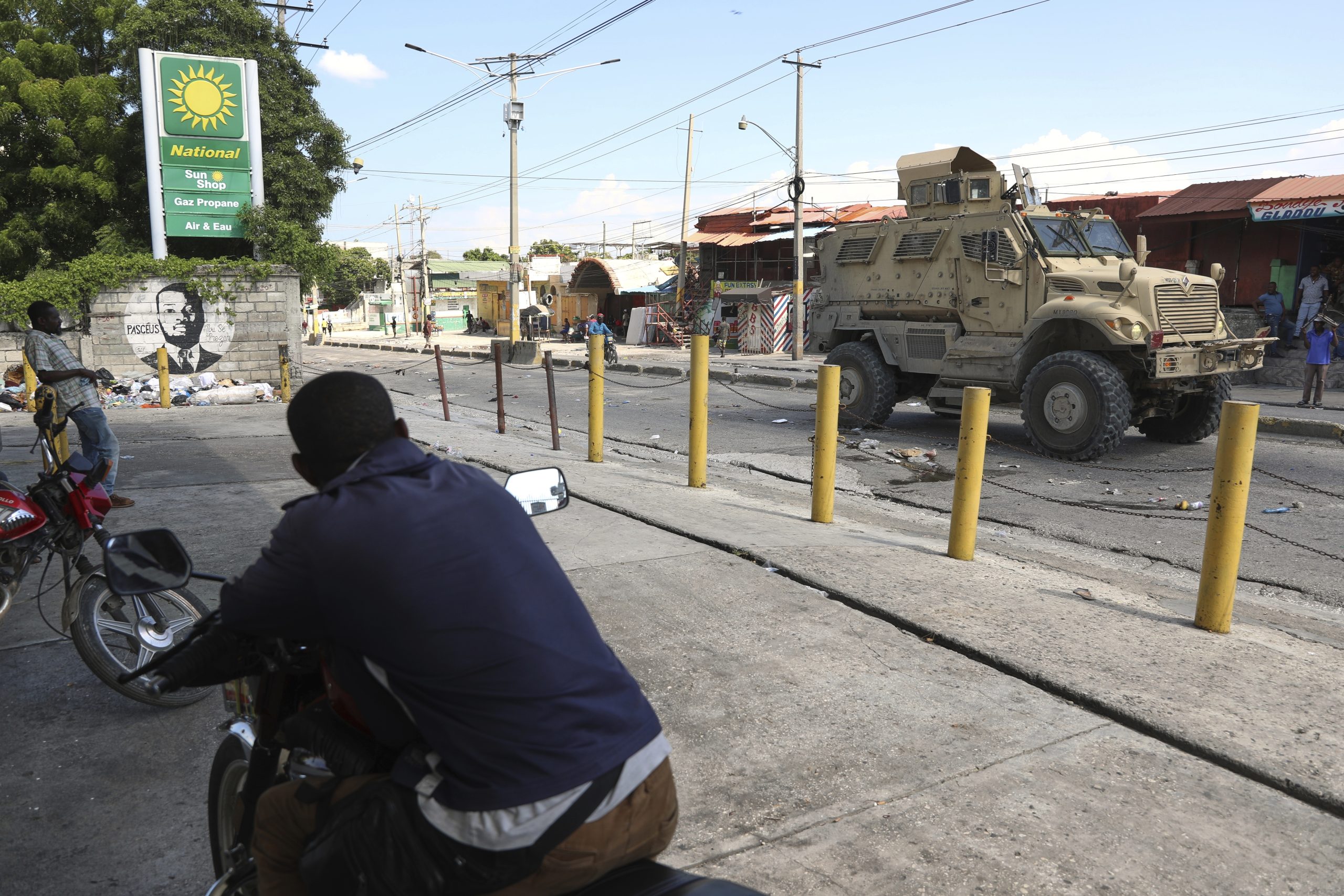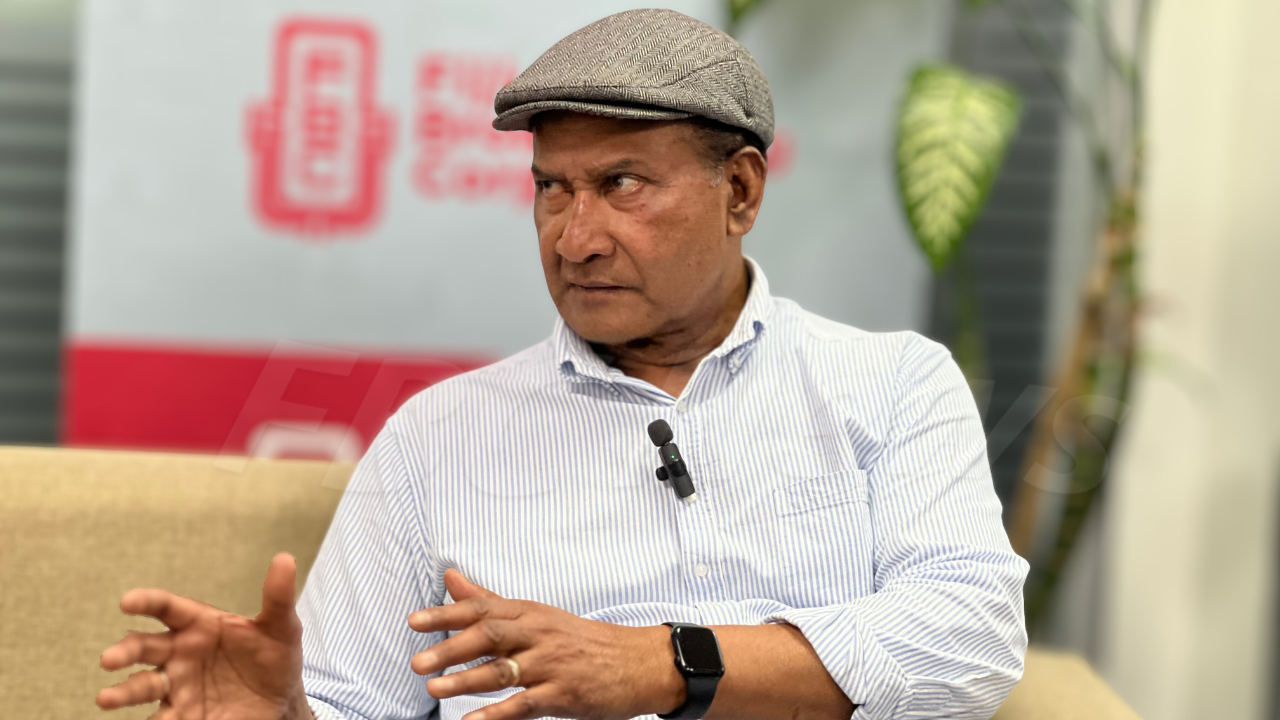By Juhakenson Blaise
Copyright haitiantimes

PORT-AU-PRINCE — More than 50 people were killed in the Labodrie massacre last week, human rights groups confirmed Tuesday, as national and international actors condemned the atrocity and urged action against Haiti’s gangs.
The killings occurred Sept. 11 in Labodrie, Cabaret, a rural fishing community in the Arcahaïe district—about 20 miles north of Port-au-Prince, the capital city. Victims included women, children and the elderly. Witnesses said survivors fled as attackers stormed homes, while several bodies remain missing or unrecovered — some reportedly devoured by stray dogs.
In this context, the National Network for the Defense of Human Rights (RNDDH) highlights that the exact number of human lives lost and homes destroyed in the Labodrie community is still unknown.
Survivors recounted that the Sept. 11 attack was ruthless and indiscriminate, striking families, including children and the elderly.
The RNDDH denounced the massacre as further evidence of the dangers behind gang-led calls for displaced residents to return to neighborhoods still under their control.
“Authorities believe that by abandoning the population to fend for itself against armed gangs, they will avoid accountability,” RNDDH said Tuesday. “Nothing could be further from the truth. It is the duty of the state — transitional or otherwise — to protect its citizens, not armed groups with criminal agendas.”
Witnesses suggested the rising violence against Labodrie may have been sparked by the earlier killing of a local Viv Ansanm gang leader in Cabaret, known as Vladimir. Local authorities reported that the massacre followed several days of clashes between police and gang members trying to take control of Arcahaïe, after their consolidation of power in neighboring Cabaret on Sept. 6. Law enforcement and municipal brigades had pushed the gangs back, forcing them into Labodrie, where residents were accused of supporting the authorities.
Similar to numerous other bloodbaths in the past, officials once again delayed their response, and international bodies condemned the massacre. Still, residents have been left unprotected, leaving many reeling.
The Haitian government remained silent for days after the Sept. 11 killings. It was only on Sept. 15 that the Presidential Transition Council (CPT) officially addressed the massacre, in an official statement, pledging to deploy specialized police units, step up patrols in Arcahaïe and Cabaret and provide humanitarian assistance to victims’ families.
“The government reaffirms its determination to restore peace and security across the entire national territory,” the statement read. “The gangs will never be stronger than the Republic.”
Still, the lag in response — echoing previous delays during waves of violence — has fueled criticism that the state reacts symbolically and too late, rather than preventing mass killings or reclaiming gang-controlled territory.
Calls to return considered deceptive
The Sept. 11 massacre came just weeks after Jimmy “Barbecue” Chérizier, FBI-wanted alleged criminal and leader of the Viv Ansanm gang coalition, urged displaced residents to return home. In a report published Monday, RNDDH warned such calls are often deceptive, citing at least 19 instances since 2019 where alleged “peace deals” between gangs collapsed, leading to renewed civilian massacres.
The group said true peace requires dismantling criminal groups, prosecuting perpetrators, compensating survivors and providing lasting protection for residents in affected areas.



